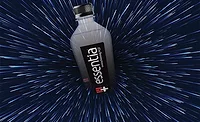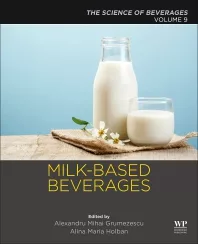Icelandic Glacial unveils new sustainability initiative
Bottled water brand to add 3-litter packaging option for home use
Los Angeles-based Icelandic Glacial announced a multifaceted sustainability initiative that includes plastic reduction and new packaging innovation. By 2021, Icelandic Glacial plans to use 50 percent post-consumer recycled plastic (rPET) in its PET packaging and offer its still and sparkling varieties in aluminum cans. The company also will introduce a new 3-liter packaging option for the refrigerator or counter along with a 20-liter packaging option for foodservice. These innovations mark a significant step for Icelandic Glacial in their continued efforts to minimize their environmental impact.
"Being the world's first bottled water to be certified carbon neutral for both product and company, sustainability is in our DNA," said Jon Olafsson, co-founder and chairman of Icelandic Glacial, in a statement. "Accelerating our efforts by providing sustainable packaging options was the natural next step in our evolution as a company. We want to be at the forefront of sustainability."
Reza Mirza, chief executive officer of Icelandic Glacial added: "We have a strong innovation pipeline that is dedicated to sustainability. We're excited to be able to offer our consumers more sustainable choices. We also encourage them to participate in the process by recycling PET bottles, as the plastic will be reused repeatedly in our rPET bottles."
Since 2007, Icelandic Glacial has using BPA-free recyclable packaging as well as running a completely sustainable operation fueled entirely by geothermal and hydroelectric power to fuel its production while maintaining a net-zero carbon footprint. Icelandic Glacial has worked closely with The CarbonNeutral Company, a world-leading provider of carbon reduction solutions, to offset any carbon emissions by investing in renewable energy projects worldwide.
Kristjan Olafsson, co-founder of Icelandic Glacial added: "We have always been committed to finding sustainable packaging solutions that provide an option outside of PET for our consumers to enjoy Icelandic Glacial water. With this new initiative, we aim to further reduce the amount of plastic used across the entire line."
Looking for a reprint of this article?
From high-res PDFs to custom plaques, order your copy today!







